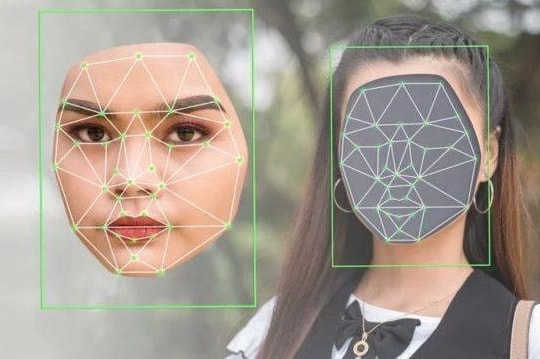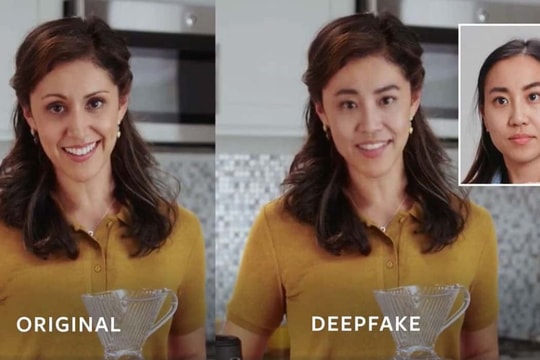Warning of the rise of fake pornography in the age of AI
With the rapid development of artificial intelligence (AI), the problem of deepfake pornography is increasing at an alarming rate. Experts warn that the development of deepfake technology is being exploited to create fake pornographic content, causing serious harm to victims and society.
Deepfake porn is the use of AI technology to create or edit pornographic videos, images, or other content, in which a person's face or body is composited or edited to appear as if they are engaging in sexually explicit actions or settings that they are not.
Advances in AI tools have made it easier than ever to create and spread pornographic deepfake images without the victim's consent.
“Anyone who is human can be a victim of deepfake porn.” This is how Carrie Goldberg, an American lawyer specializing in sex crimes and online privacy, describes the risks that deepfake porn poses in the age of AI, where anyone can be exploited without even knowing it.

Revenge pornography, the sharing of sexually explicit images without consent, has been around for as long as the internet has existed. However, the explosion of AI tools has increased the risks and expanded the target audience for this form of harassment.
Now, anyone can become a victim, even if they have never taken or sent a nude photo. Modern AI tools are capable of superimposing a person’s face onto a nude body or editing existing photos to make it appear as if the victim is in a state of undress, despite the fact that the opposite is true.
Over the past year, nonconsensual AI-generated porn has targeted a range of people, from famous women to high school girls. The diversity of the victims shows how widespread this form of malicious harassment is, and how anyone can fall victim.
Discovering that you or your child has been targeted in deepfake porn is often a terrifying and depressing experience, says Carrie Goldberg. “It’s especially scary for young people who don’t know how to deal with this situation. The internet, with its vastness and ambiguity, can be a place full of threats,” she says.
While tech companies and lawmakers are working to combat them, the reality is that these tools are still widely available. So what can you do to protect yourself and your loved ones?
Carrie Goldberg offers some important advice for dealing with this threat. If you become the target of AI-generated pornography, the first step is to take a screenshot. This helps preserve important evidence, aids in the legal process, and protects the rights of victims.
Next, victims can search for and use forms provided by major social media platforms like Google, Meta, and Snapchat to request removal of the distributed pornographic images.
Additionally, nonprofits like StopNCII.org and Take It Down offer assistance in handling content removal requests across multiple platforms. However, Goldberg notes that not all sites cooperate with these groups, making image removals sometimes more complicated.
In the US, a group of teens and parents who have been victims of AI-generated pornography appeared at a hearing on Capitol Hill to share their stories.
During the hearing, Republican Senator Ted Cruz introduced a bill that received support from Democratic Senator Amy Klobuchar and many other colleagues.
The bill would make it a crime to distribute non-consensual AI-generated pornography and require social media platforms to remove content upon receiving a request from a victim, a major step toward protecting privacy and preventing digital harassment.
But victims are often left to navigate the complexities and overlaps of state laws. In some areas, there are no clear criminal statutes to prevent the creation or distribution of adult-related deepfake pornography, making the process of seeking justice challenging.
Attorney Goldberg shared frankly: "My advice is not only for the victims, but also for those who intend to commit crimes: don't become a vile person, don't steal other people's images and turn them into a tool to humiliate them."
She stressed that while victims have little way to completely prevent these behaviours, especially in an ever-evolving digital society, safety and respect online still depends on each person's sense of morality: "We can't achieve absolute protection, but not being an asshole is entirely the responsibility of each individual."





